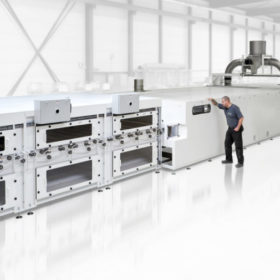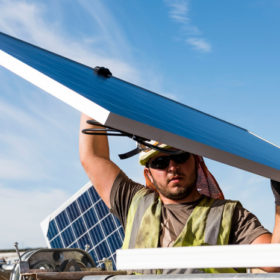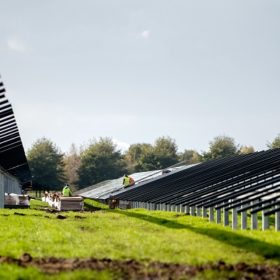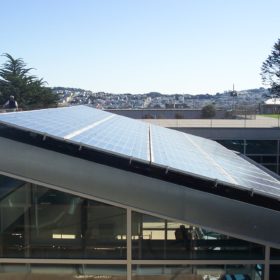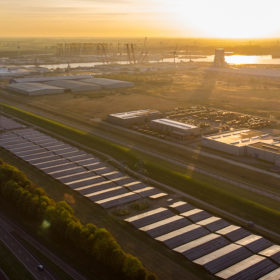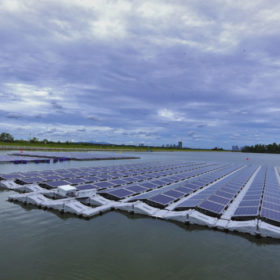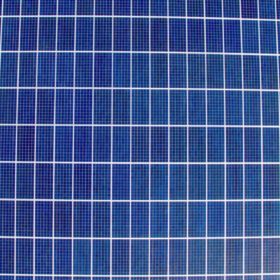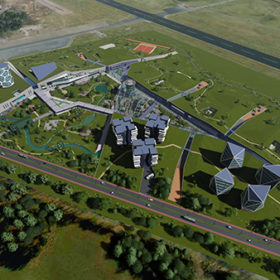SMIT Thermal Solutions secures a big order from China
The Dutch PV equipment provider will supply 15 vacuum coating systems for a planned 500 MW production capacity of cadmium telluride thin film modules. The value of the contract is more than €40 million.
Innogy’s Dutch unit moves to buy two solar installers
Dutch energy provider Essent has agreed to take over EnergieWonen Groep and ZON7, two Netherlands-based companies specializing in the supply and installation of rooftop PV, thus enhancing Essent’s sustainable development network.
Netherlands a gigawatt solar market
The Dutch PV sector is expected to have grown by 1.3-1.5 GW in 2018. The growth, which marks the Netherlands’ entry into Europe’s gigawatt club, was mainly due to the connection of large-scale projects under the SDE+ program. The nation’s cumulative installed PV capacity should have surpassed 4 GW as the Dutch government prepares to reduce the SDE+ budget.
Netherlands: PV projects totaling 3.7 GW submitted for autumn round of 2018 SDE+ program
Overall, 5,907 renewable energy projects totaling 5 GW are now under review by the Dutch Ministry of Economy in the second round of the SDE+ program for this year. Solar accounts for 72.8% of the total submitted capacity.
Dutch government sets up €100 million fund for PV in schools
The scheme would provide low interest loans to Dutch schools willing to go solar. Some 6,000 of the country’s 7,000 school buildings have yet to install an array.
The Netherlands installed 658 MW of PV in the first half of this year
New solar installations in the country reached the milestone in six months, according to Dutch New Energy Research, which publishes its first Dutch Solar Quarterly report today.
The weekend read: Staying afloat, whatever the weather
From a little known niche just a few years ago, floating solar has quickly grown to more than 1 GW of installed capacity worldwide, and a source of great hope for the industry’s future, particularly in countries where space for solar is at a premium. pv magazine spoke with experts from leading floating PV test centers in Singapore and the Netherlands to outline the challenges still faced by floating PV as the technology moves towards major growth.
Netherlands government to issue green bonds in 2019
The Dutch government is planning to raise between €3.5 billion and €5 billion through green bonds annually. The proceeds will be used for sustainable investments, including renewable energy deployment.
Solar panel theoretical efficiency limit increases by 33%
Researchers at the University of Amsterdam have found what they describe conclusive evidence that perovskites feature “efficient carrier multiplication,” effectively increasing the single layer efficiency limit from 33% to 44%.
Dutch battery maker signs agreement for €1.6bn Chinese gigafactory
Lithium Werks has ambitious plans for a global chain of utility-scale production lines that has secured the backing of the Netherlands government and PM Mark Rutte, as EU leaders contemplate a post-US trade future.
